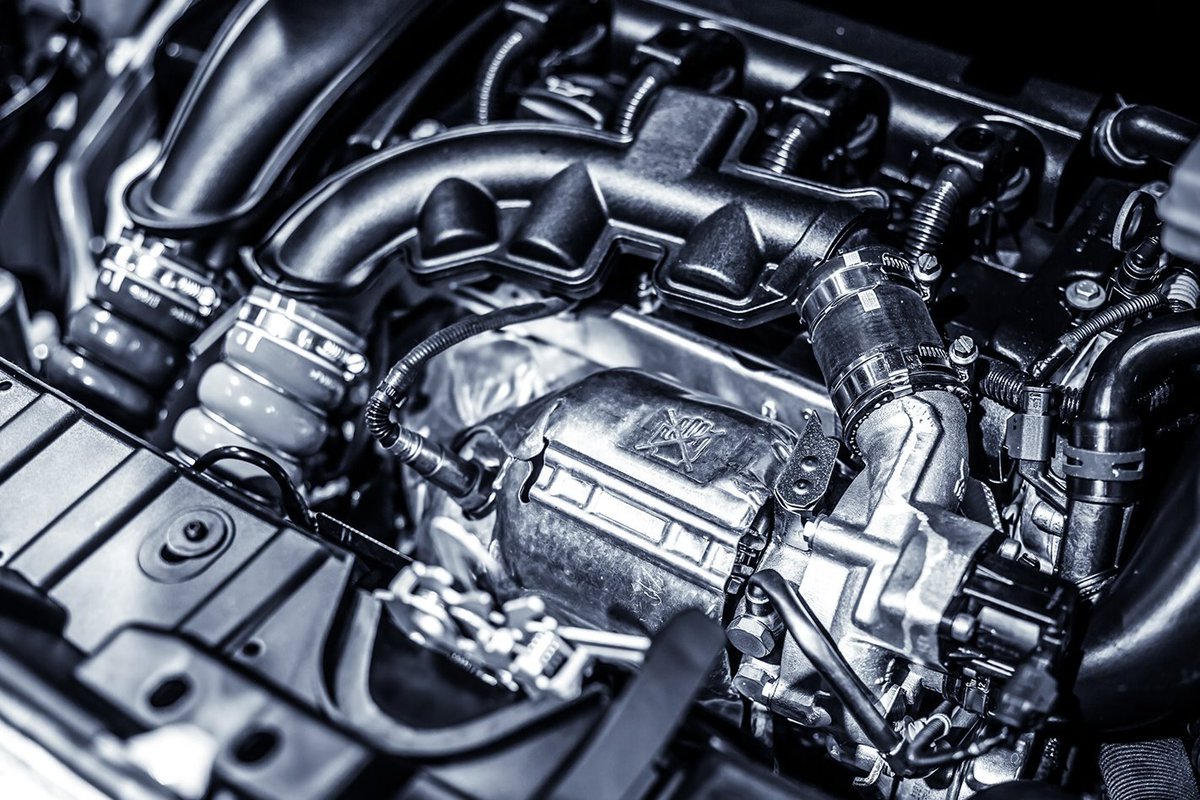
Interesting article - with which I largely agree. But there are further difficult questions which are not considered. Thread. 1/
https://twitter.com/TimHarford/status/1352986695826870277
I can see that 'first dose first' might be the best strategy for now. As the article suggests, it is better for cars to have one headlight, than that some have two and others none (but note, we're a LONG way away from having all cars with one headlight). 2/
The article references two dangers - vaccine resistance and trust. It also rightly says that more evidence is needed (and the studies are underway). 3/
We are in a position where we have to make the best of what we have. If we insist that all those who have had one dose have their second dose within a short time period, that will mean that others will find that their first dose is delayed. 4/
But... that will always be true.
The Govt remains committed to giving second doses of the vaccine, not within three weeks as at the start, but now within three months (this was repeated by Matt Hancock today on #Marr). 5/
The Govt remains committed to giving second doses of the vaccine, not within three weeks as at the start, but now within three months (this was repeated by Matt Hancock today on #Marr). 5/
That means that, not now, but around the end of Feb, the focus will shift away from first doses to second doses. We will soon reach the point where (if the 12 week target is to be met) the rate of new first-dose vaccinations will slow dramatically. 6/
Most of the most vulnerable and priority groups will have been vaccinated once, and will be set to be vaccinated again. But, many others, including those who work in essential services, will, by that stage, not have had their first dose. 7/
Why, at that point, will it not be better to keep adding to the number of cars with one headlight, and will it instead become the right thing to do to start fitting some cars with a second headlight? 8/
I assume that much will depend on the continuing efficacy of the single dose of the vaccine (and on a hope for ever-increasing capacity to vaccinate). 9/
If it continues to offer strong levels of protection at that point, why focus one's attention on second doses (at the expense of more first doses)?
If it does not, the whole process will be much slower than many hope. 10/10
If it does not, the whole process will be much slower than many hope. 10/10
• • •
Missing some Tweet in this thread? You can try to
force a refresh



